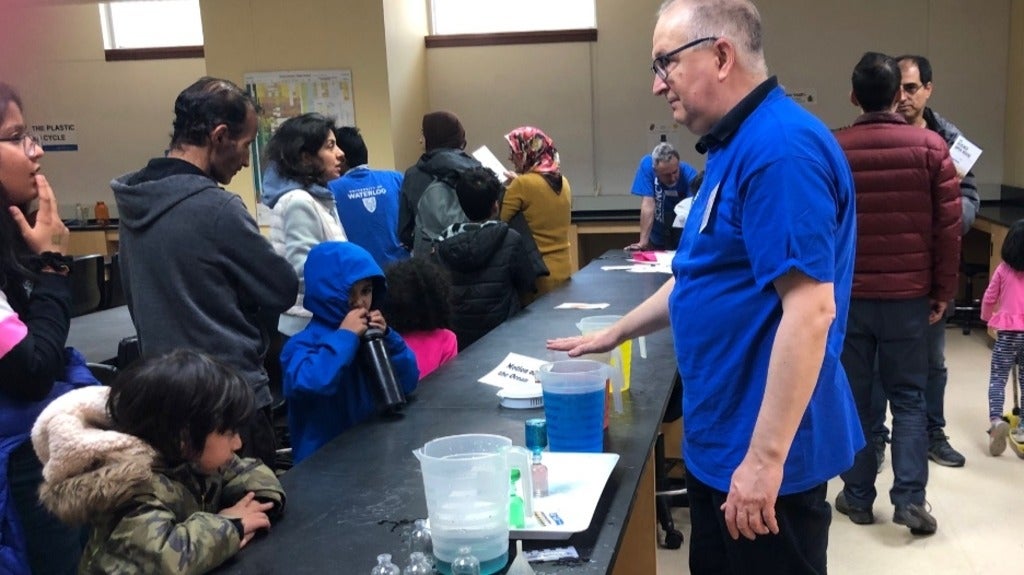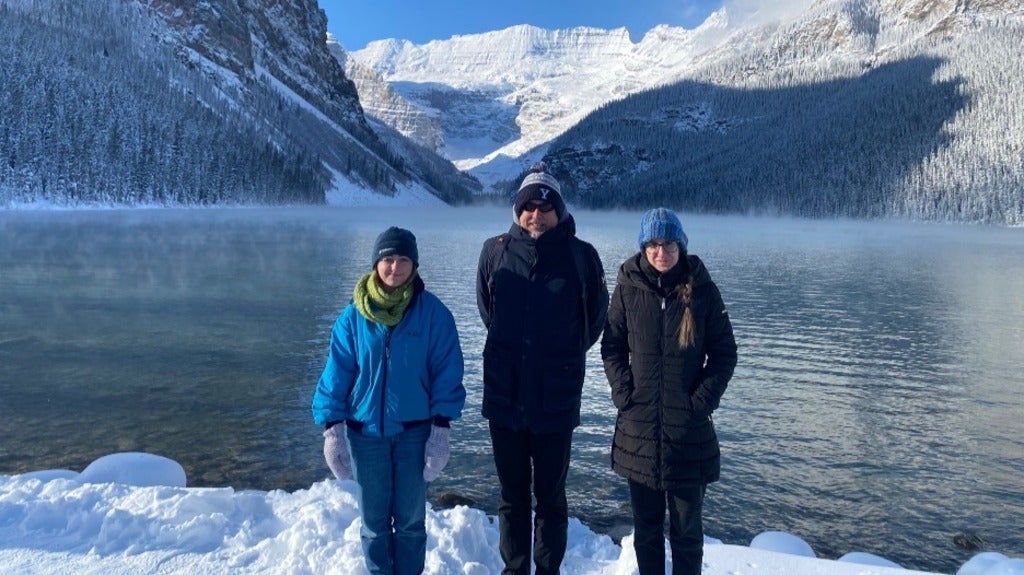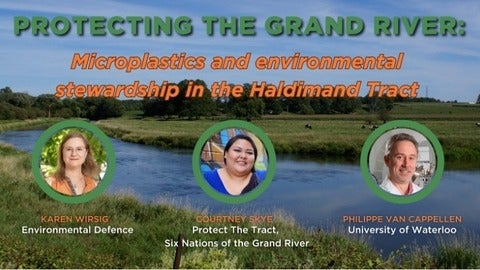ERG participates in Waterloo’s Science Open House event
Members of the Ecohydrology Research Group volunteered to facilitate kids’ science activities at the University of Waterloo’s Science Open House on Saturday, October 28th. Over 4,000 people attended the Science Open House and Gem and Mineral show this year!


